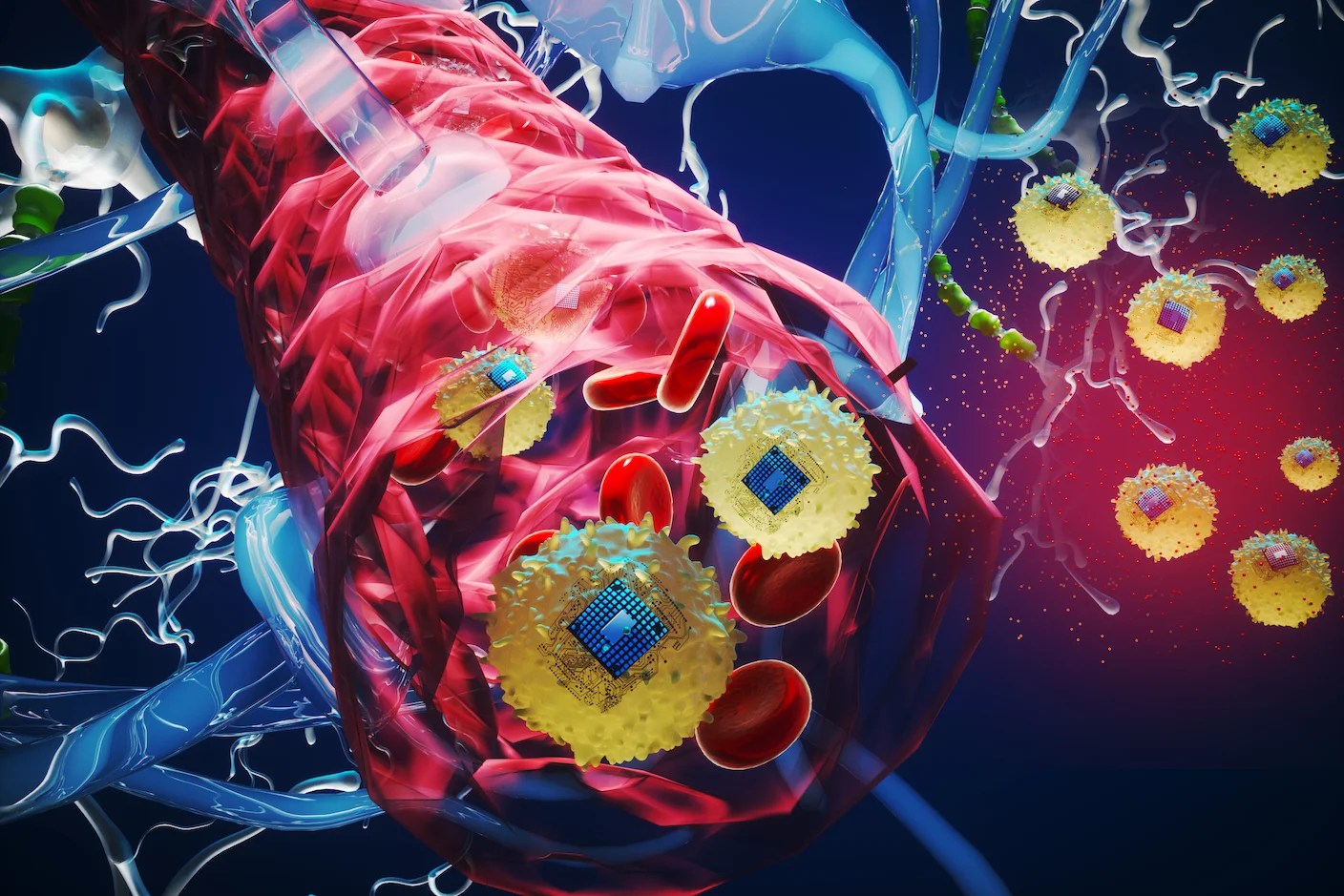Emerging Technologies
CRISPR Slashes ‘Bad Cholesterol’ Levels by 95 Percent in Early Results
The gene editor CRISPR is tackling fatty molecules in the body that contribute to one of the world’s top killers:...
Read moreDetailsThese Brain Implants Are Smaller Than Cells and Can Be Injected Into Veins
From restoring movement and speech in people with paralysis to fighting depression, brain implants have fundamentally changed lives.But inserting implants,...
Read moreDetailsSuper Precise 3D Printer Uses a Mosquito’s Needle-Like Mouth as a Nozzle
Mosquitos are perhaps one of the most universally loathed creatures. Not only are their bites itchy and annoying, they carry...
Read moreDetailsThis Week’s Awesome Tech Stories From Around the Web (Through November 22)
Artificial IntelligenceThere Is Only One AI Company. Welcome to the BlobSteven Levy | Wired ($)"Even the most panicked Cassandra of...
Read moreDetailsIs the AI Bubble About to Burst? What to Watch for as the Markets Wobble
The global investment frenzy around AI has seen companies valued at trillions of dollars and eye-watering projections of how it...
Read moreDetailsStartup Zap Energy Just Set a Fusion Power Record With Its Latest Reactor
A host of startups are racing to achieve commercial fusion power. Zap Energy just drew a line in the sand...
Read moreDetailsNew Images Reveal the Milky Way’s Stunning Galactic Plane in More Detail Than Ever Before
The Milky Way is a rich and complex environment. We see it as a luminous line stretching across the night...
Read moreDetailsThis Week’s Awesome Tech Stories From Around the Web (Through November 8)
ComputingThe Next Big Quantum Computer Has ArrivedIsabelle Bousquette | The Wall Street Journal ($)"Helios contains 98 physical qubits, and from...
Read moreDetailsScientists Race to Deliver Custom Gene Therapies for Incurable Diseases in Weeks—Not Years
Before the age of one, KJ Muldoon had already made medical history. He was the first person to receive a...
Read moreDetailsScientists Map the Brain’s Construction From Stem Cells to Early Adolescence
Like the seeds of a forest, a few cells in embryos eventually sprout into an ecosystem of brain cells. Neurons...
Read moreDetails




































